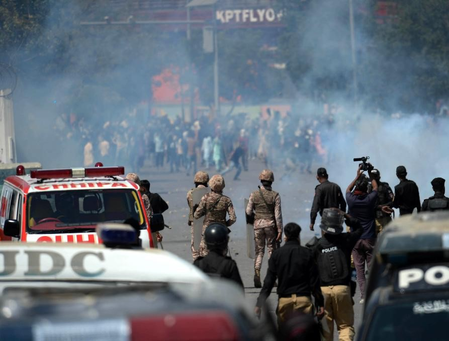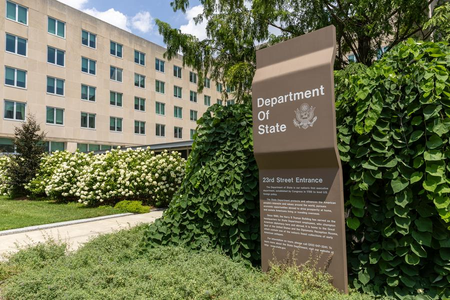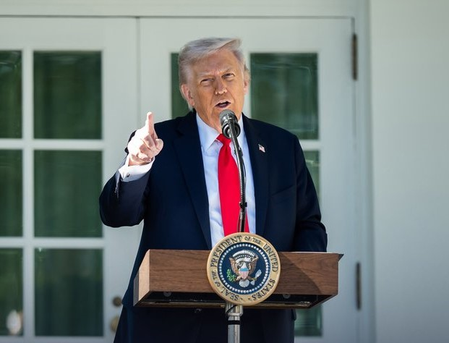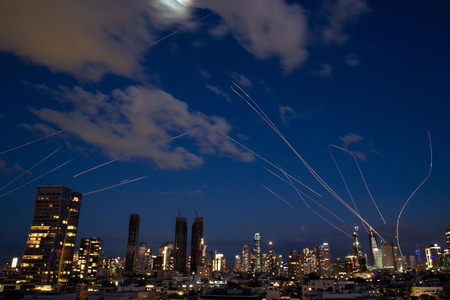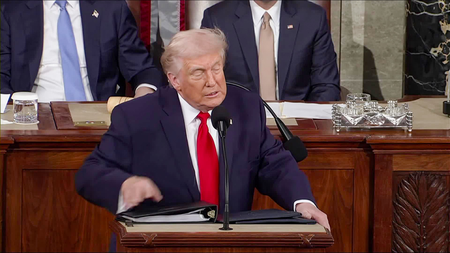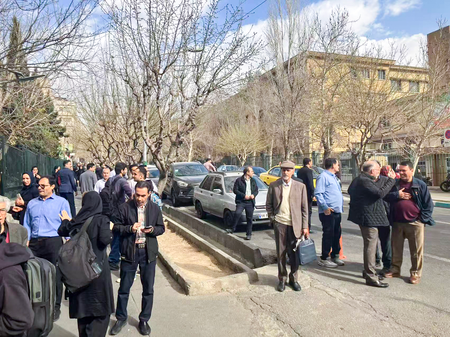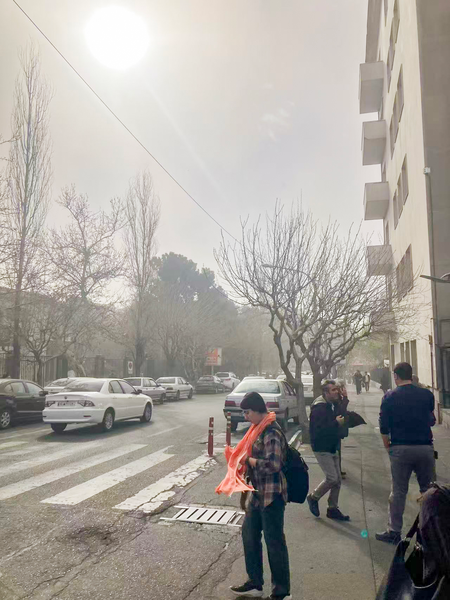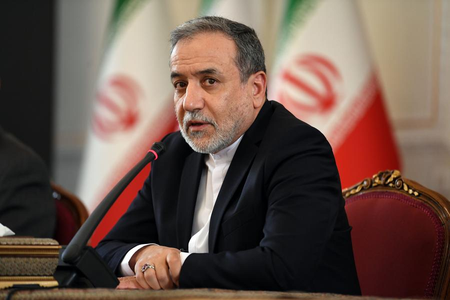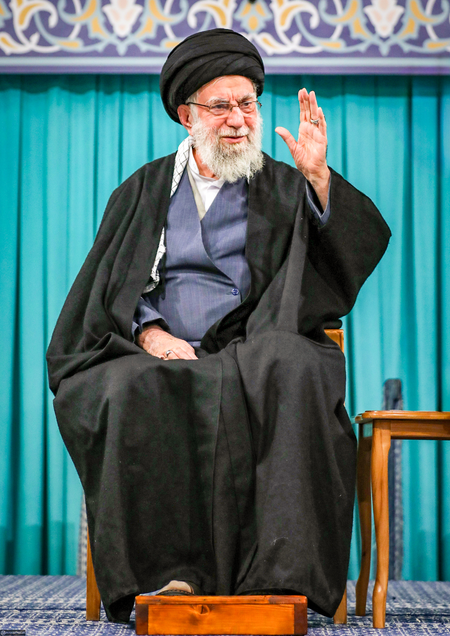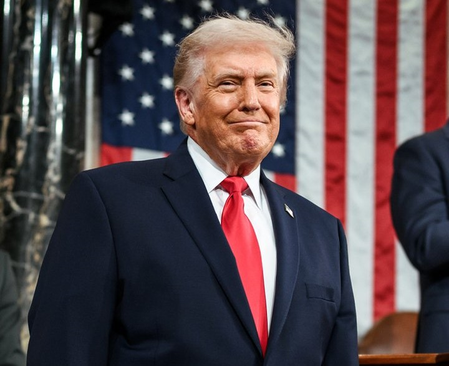
Washington, March 2 (IANS) Several world leaders voiced strong support after President Donald Trump had authorised “Operation Epic Fury,” describing it as a campaign to eliminate what it called an “imminent nuclear threat” posed by the Iranian regime and to dismantle its missile, naval and proxy capabilities, the White House said.
Australia’s Prime Minister Anthony Albanese said Iran had destabilised the region for decades and endorsed Washington’s objective of blocking a nuclear weapon, as per the details of statements released by the White House.
“For decades, the Iranian regime has been a destabilising force, through its ballistic missile and nuclear programs, support for armed proxies, and brutal acts of violence and intimidation… We support the United States acting to prevent Iran from obtaining a nuclear weapon and to prevent Iran continuing to threaten international peace and security,” Albanese said.
Canada’s Prime Minister Mark Carney framed Iran as a principal source of instability in the Middle East and reiterated Ottawa’s support.
“Canada’s position remains clear: the Islamic Republic of Iran is the principal source of instability and terror throughout the Middle East, has one of the world’s worst human rights records, and must never be allowed to obtain or develop nuclear weapons … Canada supports the United States acting to prevent Iran from obtaining a nuclear weapon and to prevent its regime from further threatening international peace and security,” Carney said.
Israeli Prime Minister Benjamin Netanyahu thanked Trump directly.
“I thank our great friend, President @realDonaldTrump, for his historic leadership,” Netanyahu said.
Albanian Prime Minister Edi Rama called for firm action against Iran’s Revolutionary Guard Corps and backed decisive efforts to prevent Tehran from gaining further military capability.
“It’s high time to cut the rope and go straight to the point. The Islamic Revolutionary Guard Corps is a terrorist organization and it must be treated as such… We fully endorse every decisive effort to prevent once and for all the murderers in Tehran from acquiring nuclear or any other military capacity to harm Israel or any other peace-loving nation in the Middle East. Terrorism must be named. And once named, it must be stopped,” Rama said.
Ukrainian President Volodymyr Zelensky linked American action to deterrence.
“It is important that the United States is acting decisively. Whenever there is American resolve, global criminals weaken,” Zelensky said.
Kosovo President Vjosa Osmani described the moment as pivotal for Iranians.
“The hour of freedom has come for the people of Iran, thanks to the leadership of the United States and President @realDonaldTrump,” Osmani said.
British Member of Parliament Nigel Farage urged London to align more clearly with Washington.
“The Prime Minister needs to change his mind on the use of our military bases and back the Americans in this vital fight against Iran!” Farage said.
The statements reflect a coordinated message among US allies and partners framing the strikes as a preventive move against nuclear escalation and regional instability.
–IANS
lkj/rs


